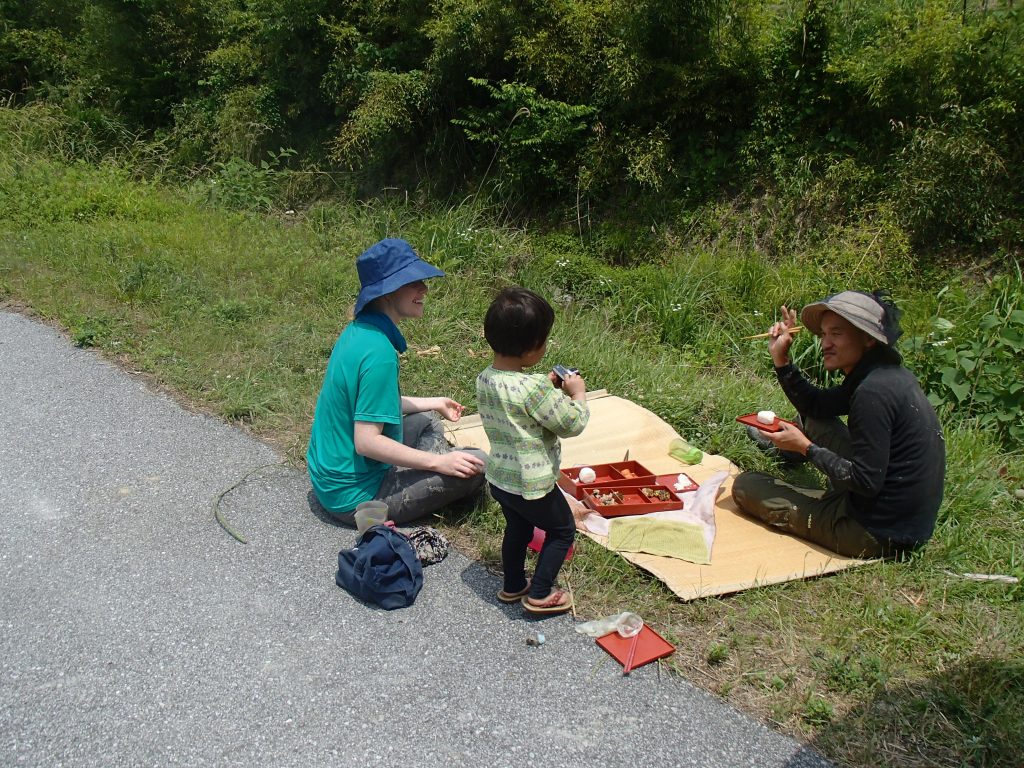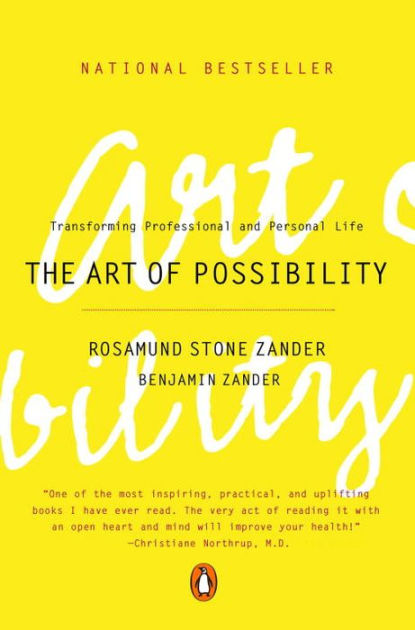
Travel can support, influence and complement your career, even if you’re NOT strictly working abroad. Here are 4 gap year ideas to boost your career!
In Episode 7, I had interviewed Amber from the Asper School of Business at the University of Manitoba, who works with University Students on experiences abroad, but also has her own story about her experiences away from home and how she landed a job that really works for her today.
What are Soft Skills?
In a Linkedin Report this year, they analyze the 4 trends that are changing the workplace. The #1 trend is the need for “Soft Skills: What everyone wants, but no one knows how to find.” It makes the case that with increased automation, the skills you need as a human in the workplace are more about how you work, not your technical skills (aka ‘hard skills’). The soft skills the most sought after in 2019 are Creativity, Persuasion, Collaboration, Adaptability and Time Management.
If you do want to go abroad for a few months or even a year, capitalize on the fact that you’re going to be doing something inherently interesting, and set yourself up for success upon your return.
When we left for a year off, where we lived as nomads around the world, I was 28 and had no job to return to. This made me nervous: I felt that it was permissible in my early 20s to get away for a bit of time, but once I was more career focussed, it felt a little backwards to be taking time off. Since then, I’ve learned that it’s possible to take a big chunk of time off, and have it boost your career, not slow it down.
1. Plan With the Intention of Learning Time Management
When we were in the planning stages of our year travelling, I had been working on a certification in Project Management. In anticipation of our trip, the tasks in order to go away for a gap year seemed insurmountable. A week-long intensive project planning and scheduling course led to me using examples of our trip plans to relate them to the Project Management principles we were learning.
Over the course of a week, here is how my group pieced together my examples:
In the year before leaving Canada, I quit my job, did a brief contract in Nunavut, sold a condo, bought a house, move cities, moved into a house, found a temporary contract, sold the car in 3 weeks, found a temporary renter, stored our furniture in their guest room, and then became a nomad!
It sounded like a lot to pack into one year before departure. And it was. Talk about time management.
How to Do It: Scope, Time and Cost
Time management essentially comes down to Scope, Time and Cost. As I learned more about it, I started applying these to our travel plans. A rough excel spreadsheet of our destinations had details on:
- Trip Budget (Cost): We found the approximate cost of living in our destination.
- Your Goals (Scope): We did a bit of research to figure out exactly where we’d like to go, and what we’d like to do.
- Would we be nomadic in that country (more expensive) or have a home base and see more of that region?
- Are there adventures we absolutely want to do there? How much do they cost? What are we drawn to?
- Examples for us were language classes (cost=expensive) and multi-day hikes (expensive for time).
- The Time You Have to Do it in (Time): Based on these two factors, we would play with the time.
Why Scope Time and Cost?
Identifying these before leaving home meant that it allowed us to see the big picture, and the tradeoffs between the three. The hitch with scope time and cost its that you can never have all three. If you want more time so that you don’t have to compromise on scope, you may have to pay more money for a flight to fit it all in. If you want more time and can’t change your budget, then you may have to skip one of the destinations you wanted to check out. In our case, we decided to go to less countries (7 in one year) and fly as little as possible, giving us more flexibility with our time and cost.
During our trip, It wasn’t all mapped out and by no means a rule, but it allowed us to see the trade-offs in big picture.
Coming home, I had concrete examples for interviews of how I have managed logistics, planning, monitoring and execution of a long term backpacking trip. Although I wasn’t being paid, I was building muscles that ended up being very important in my next job, and -at the very least- my interview responses were unique from other candidates!
Tools that can help:
- Trail Wallet – I love how this app converts currency with one tap, and allows you to categorize expenses. Used it for an entire year of travelling.
- Numbeo – Numbeo is a great starting point to see the cost of living in a place, then identify how you’d like to save on expenses to realistically assess how you’re going to be spending. We found out that Asian cities like Shanghai, Tokyo are expensive, so we couch surfed in those cities + spent more time there to get to know our hosts.
- Wiki Travel – get an unfiltered sense of traveller’s perspective on a place. Same principles as Wikipedia. Particularly helpful in countries like China that block Google.
2. Start a Creative Project
Doing something NEW and being in new places absolutely sparks creativity. If you have an interest that you haven’t had time to explore at home, definitely carve out the time and space to do it abroad.
When I first left home at 18, I was homesick and wanted a way to process that. I started with a blog called Libsagog, which is also now my instagram and twitter handles. I also started drawing and colouring, which helped me process. Little did I know, I had started a low commitment creative pursuit that has evolved over 11 years. When I look at what I’ve drawn or written, it sparks other memories. Some drawings, I can even remember exactly when/where I drew them and in what state of mind.
On the road, I’ve met many people who do a great job of recording their experiences. It can be as little as taking 1 picture a day or the Modern Gonzo example in my first episode where he asked the same 3 questions to hundreds of people and put it on a website. What a memory.
Be Intentionally Creative by Practicing Skills You Want
Consistency is key with creativity, because it’s an opportunity to make your creative muscles work – and work hard! Some people vlog, some blog. You might roll your eyes, but managing a comprehensive and CONSISTENT project like that is no joke. Frankly, the most regular frequency I’ve reached while travelling is once monthly.Find something that works for you and that you’re genuinely interested in learning.
Journalling doesn’t have to be at length. I started listmaking and summarizing experiences at random in my most recent trip, and it’s the most eclectic combination of thoughts and moments keepsake I have. Consider starting with something like bullet journalling: fast and effective.
3. Collaborate
Give your time in exchange for a local experience. What I find is that when both parties (host and volunteer) make an honest effort, the transaction of time/energy for room/board goes above and beyond expectations. The opposite is also true, so it is important to read profiles carefully, and communicate clearly in any pre-arrival communications.
We participated in Helpex and were the first couple to stay with our host family that summer in Japan. The original arrangement was that they would provide us with a room and 3 meals a day in a traditional Japanese household, but as it turned out, cooking 3 meals a day for 5 people instead of 3 was a lot for them. For us, we were a little uncomfortable with being served meals, having lived much more independent/autonomous than that. So, we suggested to make our own breakfast and wash up after meals- something that worked better for everyone. It opened up lines for communication, problem solving and collaboration when other speed bumps came up: rain days where we couldn’t work outside, a day where monkeys ravaged the garden so less of us could be planting rice, etc.
Start Learning Before Leaving
Unpaid volunteer/internships or service learning experiences lead to not only collaborative situations, but cross-cultural and more local experiences as well. However, volunteering abroad can also create challenges for local economies: are you replacing someone who could have been doing that job, i.e. a manual job? Another question to ask yourself when looking at voluntourism is: “Is this focussed towards the experience of the tourist?” Susie and I dip into the ethical side of volunteering abroad in this episode (minute 38:00).
Opportunities to Consider:
4. Learn to Adapt by Studying Intensively
For adaptability, I think of how great an opportunity it is to study intensively. It pushes your boundaries, but you’ll also likely end up living under a school’s roof- and a new set of rules. This also ties in with a new trend in travel: ‘purpose driven travel’. People are looking for trips with more engagement and meaning than sightseeing.
Learn a Language
- Intensive language learning proves adaptability and provokes creativity. In the simple act of learning a new language, you need to speak and integrate words that bring you to the meaning you’re looking for. If you don’t know the word for ‘tomato’ in Spanish, you need to find another way to get there. Is it through a description of colours and taste, gestures, or something else?
Learn a Hard skill (martial art)
- We started learning tai chi in China at a Zen Buddhist monastery. It was physically and mentally demanding, and demonstrated a great deal of adaptability as we learned rules like – bowing to the master whenever we saw him, eating in silence and serving others before yourself, eating every grain of food, and other traditions. Not everything was explained to us- we had to observe and adapt.
How to do it
-
- Find what you currently love to do, or think you might like to do. Then research it.
- Start at home – test it out with apps, community groups, drop in classes to start getting familiar with what you’d like to learn.
Many more ways to gain skills abroad…
There you have it! These gap year ideas are the tip of the iceberg when it comes to finding ways to support your career abroad. We’ve explored four ways to build skills in time management, creativity, collaboration, and adaptability into a trip.
Of course, if you are interested in working abroad, Young Canadians (18-35) have a great opportunity. International Experience Canada facilitates getting working visas around the world. Guests from episodes 4, 6 and 7 have all used the International Experience Canada visas to work in countries like Scotland, NZ, Ireland, and France.


